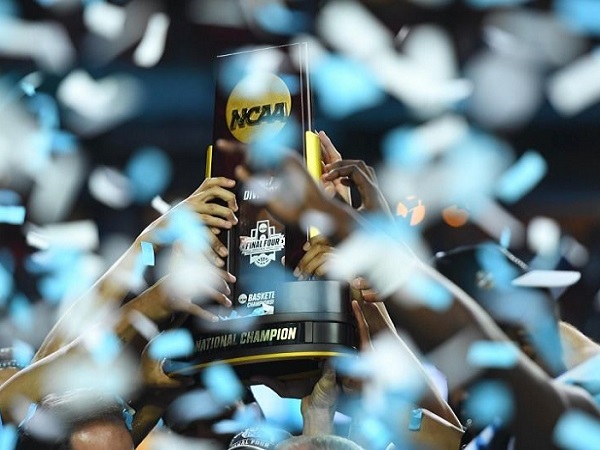
Nike and Clemson, Disney, Fox, Hulu and the Hollywood Blacklist
Clemson University re-signs with Nike
There are three, important things in athletic apparel partnerships with colleges and universities. First, length and amount, as most are exclusive agreements stating how much the university gets paid and for how long. Second, merchandise sales performance and how sales can change existing obligations to the agreement through renegotiation, increased payment or apparel coming from the sponsor. Third, control over design, intellectual property and royalties on apparel.
Well, Clemson and Nike, through their extended partnership agreement on apparel for the university’s athletic programs, just demonstrated all three tenants of sports sponsorship contract drafting. The result of increased merchandise sales (no doubt due to Clemson’s recent Division 1 football dominance in the Atlantic Coast Conference) landed Clemson more money, more apparel and more royalties. With two years remaining on the existing agreement, the new agreement will extend that partnership through the 2027-28 academic year and Nike will provide the Clemson Athletic Department $58 million in apparel allowances, direct cash payouts and royalties.
Disney shows its hand regarding content distribution
In a recent Hollywood Reporter interview with Disney executive Ricky Strauss, who was given creative oversight of the in-development Disney streaming service, Strauss shed some light on the company’s plans for its newly-acquired and to-be-developed content. Basically, Disney will stream its family-oriented content on the Disney platform, leaving many to assume Hulu would stream the Fox content since Fox’s content is not family-friendly like Disney and Disney now owns Fox’s 30% stake in Hulu along with its own 30% stake (that is 60% for the math geniuses out there). Disney, like Netflix, Amazon and others, will also develop original content with the possibility of direct-to-consumer/platform options. As for pricing, between Netflix, Amazon and Hulu, the monthly prices for those three services is still less than basic cable with room to spare. Furthermore, T-Mobile offers free Netflix for some account holders, while Sprint offers the same with Hulu (limited commercials) through its Unlimited plan, while interestingly enough T-Mobile, Sprint and Nokia are now one company. Disney probably saw that market opening and decided to make its own streamer with its own content to skip the middle man and reach customers directly.
Should we be worried about the blacklist?
Matters of the heart are one thing; matters of public opinion, another. And matters of free speech, yet another. Regarding matters of discernment, well, we humans are the only ones on earth who can utilize that brain feature. With anything, there is the matter of the heart, where our thoughts develop and are eventually spoken and maybe espoused. Then, there is the matter of discernment, what we do with that information and how we change and adapt.
Guardians of the Galaxy Director James Gunn is one of many in Hollywood and sports who have been exposed for sending offensive tweets. The first problem is, someone thought these tweets were okay to send. The next problem is, these tweets were sent. The final problem is, these tweets are often many years old. We need to have discernment about matters of the heart and whether the person matches the comment, today. The problem is, due process by law does not apply to thoughts and tweets in the world of public opinion, but we should all think twice before judging someone else, especially the companies who hire and fire, for discernment and employment-legal purposes.






















